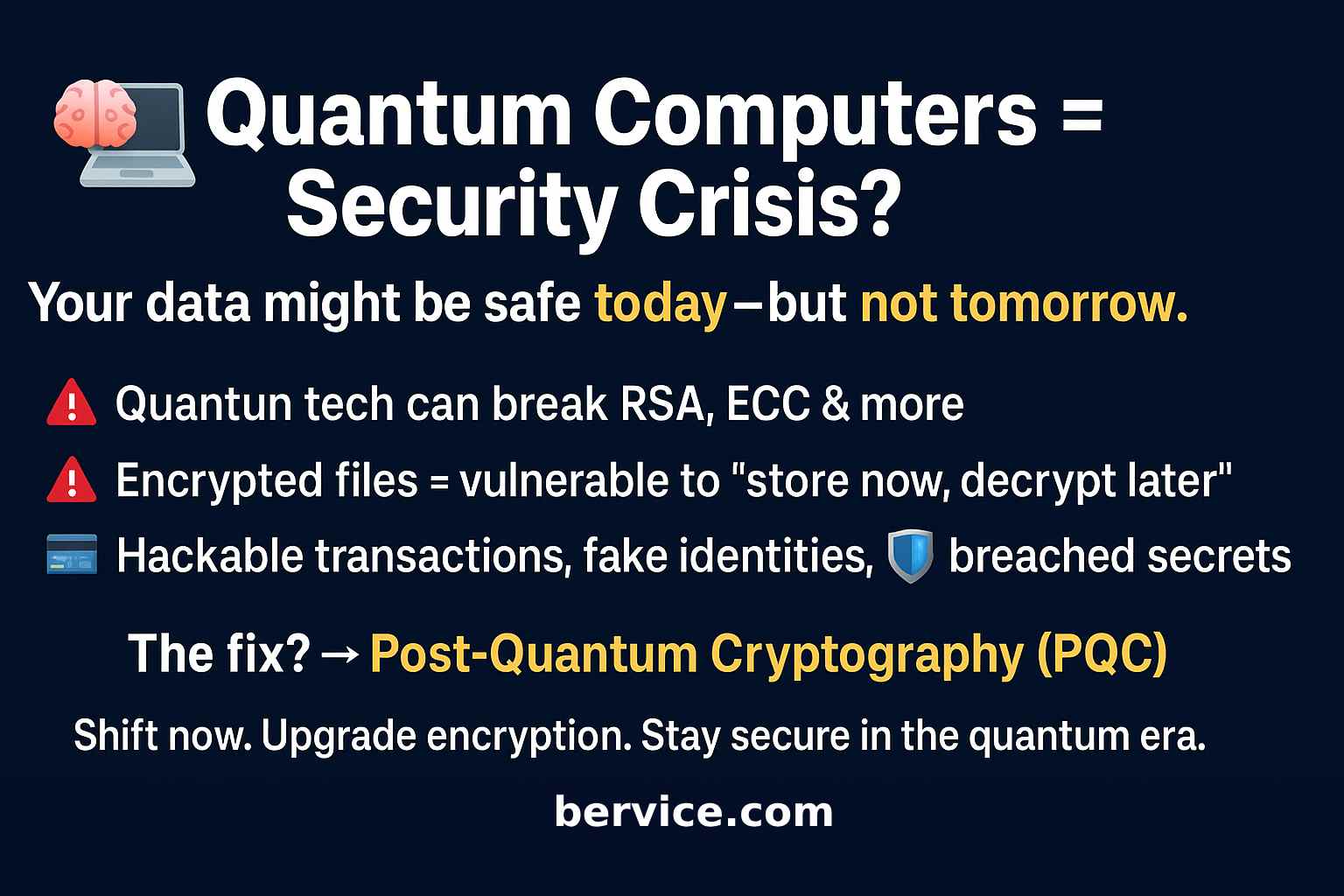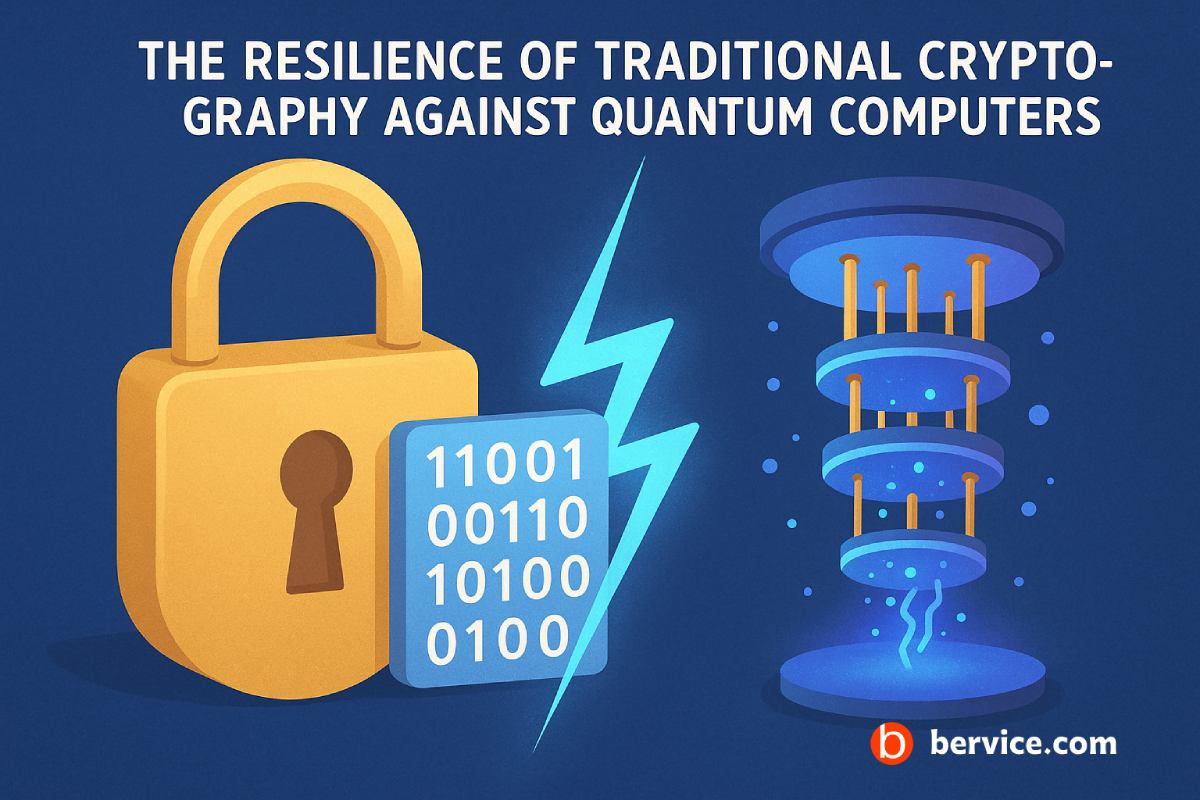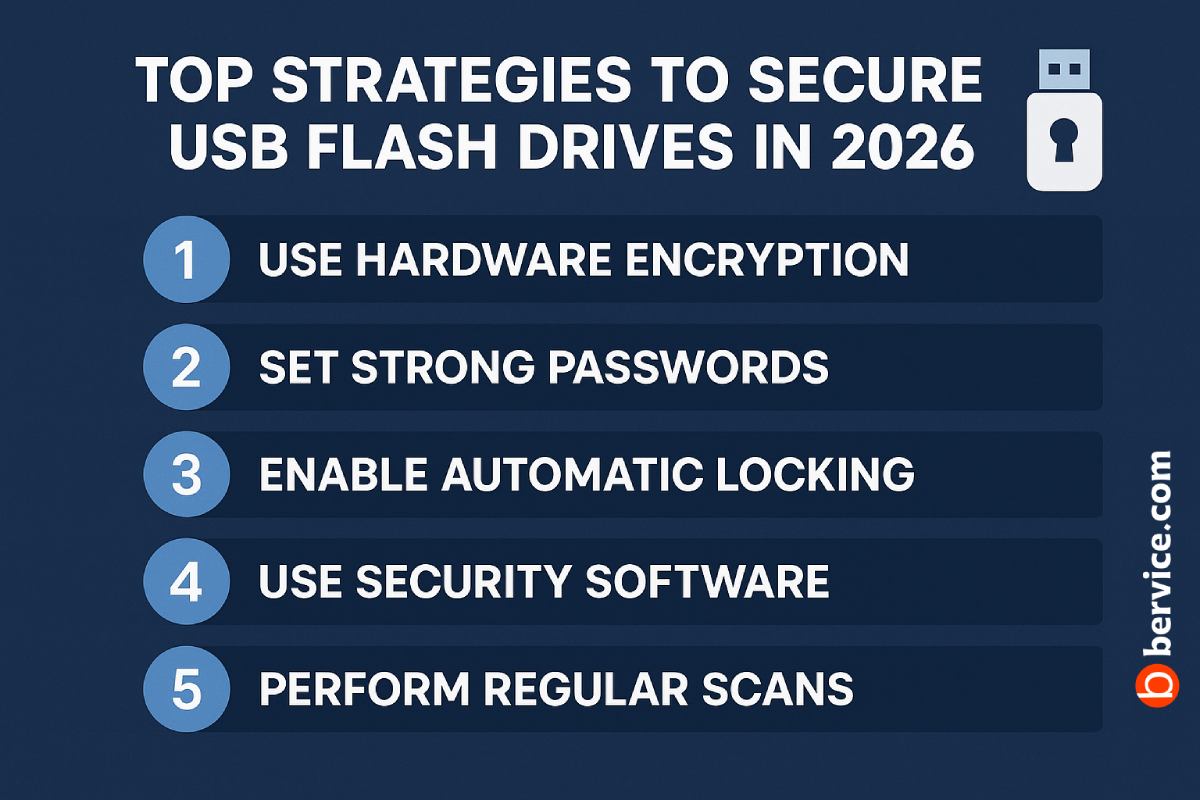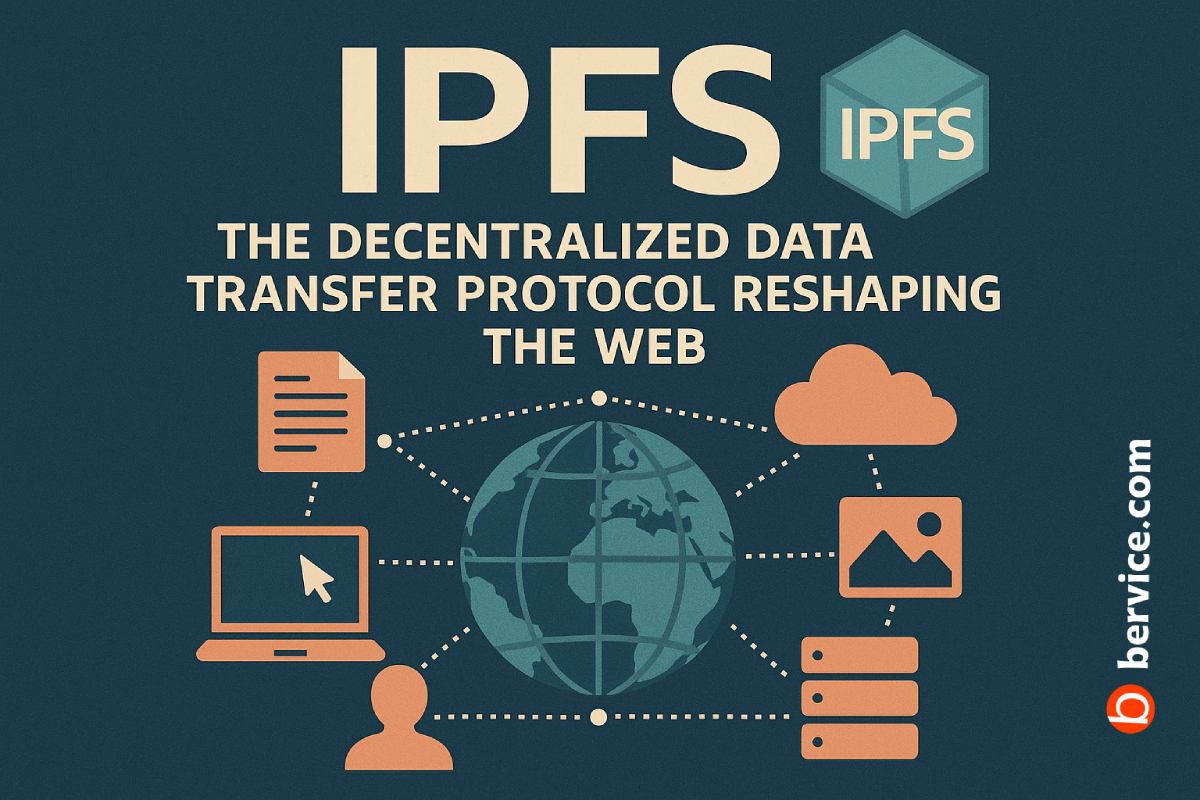
As quantum computing advances, so does the urgency to upgrade our digital security infrastructure. While quantum computers hold immense promise in fields like medicine, optimization, and materials science, they also pose a serious threat to the foundations of modern cryptography. If we fail to adopt quantum-resistant encryption, the implications could be catastrophic across sectors — from financial systems to national security.
Understanding the Threat: Why Quantum Computers Are Dangerous to Classical Cryptography
Traditional cryptographic systems like RSA, ECC, and DH (Diffie-Hellman) rely on the computational difficulty of certain mathematical problems — such as factoring large numbers or solving discrete logarithms — which classical computers struggle with. However, quantum algorithms like Shor’s algorithm can solve these problems exponentially faster. A sufficiently powerful quantum computer could break widely used public-key cryptosystems in minutes, making private communications, digital signatures, and even blockchain transactions vulnerable.
This means encrypted emails, VPN traffic, financial transactions, and government communications — once considered secure — could be decrypted retroactively. Attackers could store encrypted data today and decrypt it in the future when quantum capabilities mature. This is known as the “store now, decrypt later” attack model, and it’s already motivating some state-level actors.
Real-World Implications: What’s at Risk?
- Financial Systems: Banks and payment processors use encryption to protect transactions. A successful quantum attack could forge transactions, steal funds, or disrupt financial markets.
- Government & Military Communications: Secure communications, intelligence sharing, and classified data rely heavily on cryptography. The compromise of such systems could undermine national security.
- Digital Identity & Authentication: From logging into your email to verifying digital documents, cryptographic keys are central. If stolen or forged by quantum means, identities could be faked, and data integrity could collapse.
- Cryptocurrencies and Blockchains: Many blockchain systems use elliptic curve cryptography. A quantum attack could allow an attacker to steal assets or manipulate consensus protocols.
The Urgent Need for Post-Quantum Cryptography (PQC)
Post-quantum cryptography aims to develop algorithms that remain secure against both classical and quantum computers. NIST (National Institute of Standards and Technology) has been actively standardizing PQC algorithms, with several finalists already selected.
Organizations must begin transitioning now to quantum-safe algorithms, particularly for long-lifecycle data like medical records, legal documents, or anything that must remain secure for decades. This process involves:
- Upgrading cryptographic libraries
- Performing key and certificate migrations
- Adopting hybrid cryptographic protocols (classical + quantum-safe)
Conclusion: Future-Proofing Our Digital World
Quantum computers are not a distant threat — they are a near-future inevitability. Failing to act now could lead to widespread data breaches, infrastructure collapses, and erosion of digital trust. The solution lies not in halting quantum development but in preparing for it. Governments, enterprises, and software developers must coordinate a proactive shift toward quantum-resilient systems — or risk facing a security reckoning of unprecedented scale.
Connect with us : https://linktr.ee/bervice





